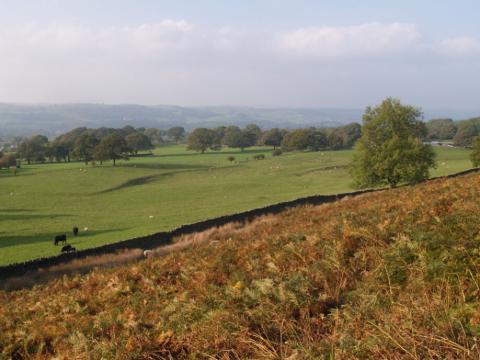It lays out basic ecological principles for managing pests and suggests how to apply them to real farm situations—along with cutting-edge research examples and anecdotes from farmers using such strategies in their fields. Ecological pest management principles create healthy crop environments and contribute to improved productivity on the farm or ranch.
Download the resource below.


